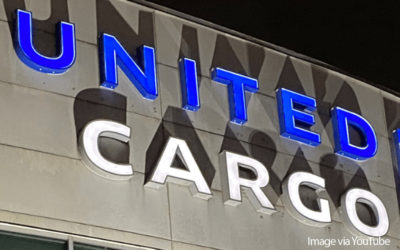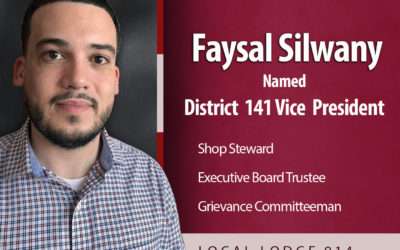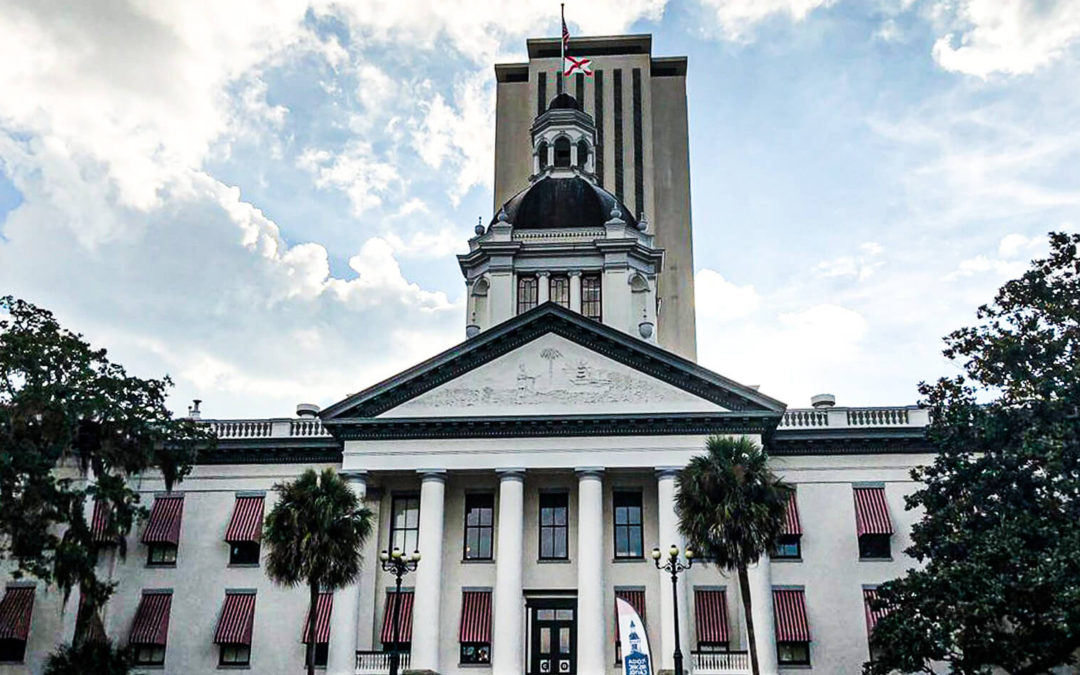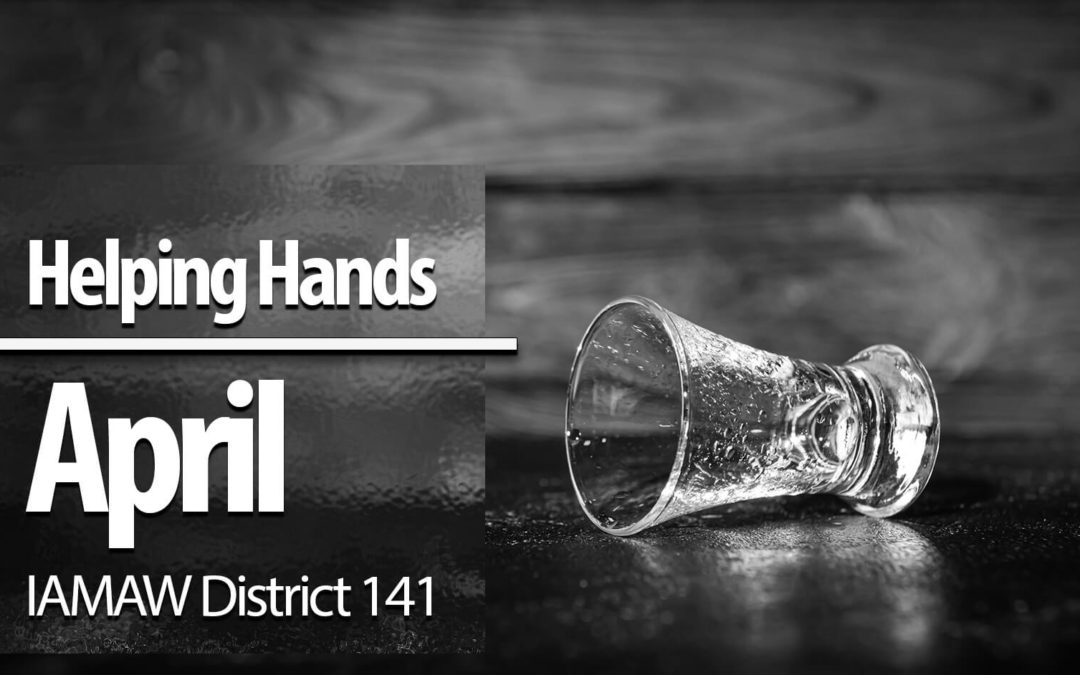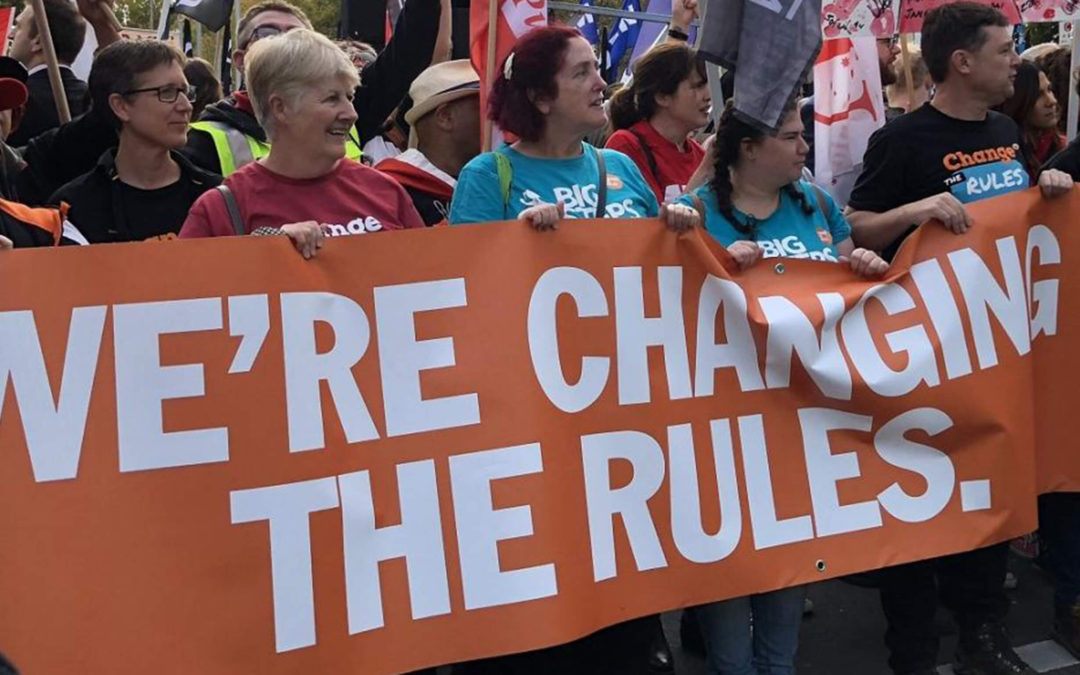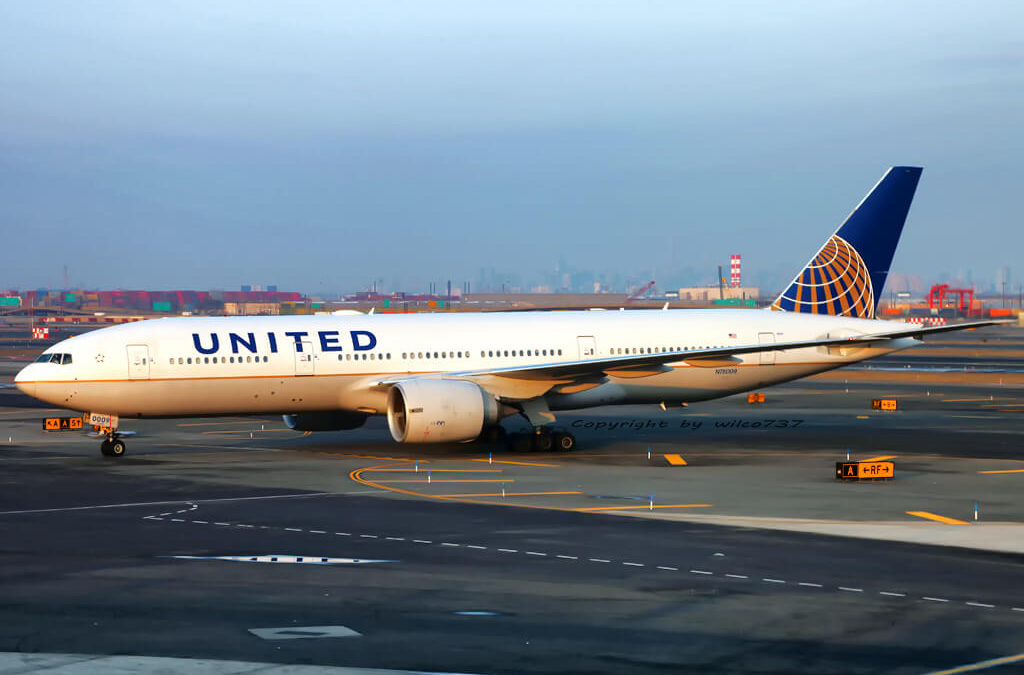Talks continued to flow in a positive direction. Although we didn’t reach a final Tentative Agreement on any articles this session, we did make progress. This progress was made on Article 3, which covers compensation and pay; Article 9, which applies to Vacation and...
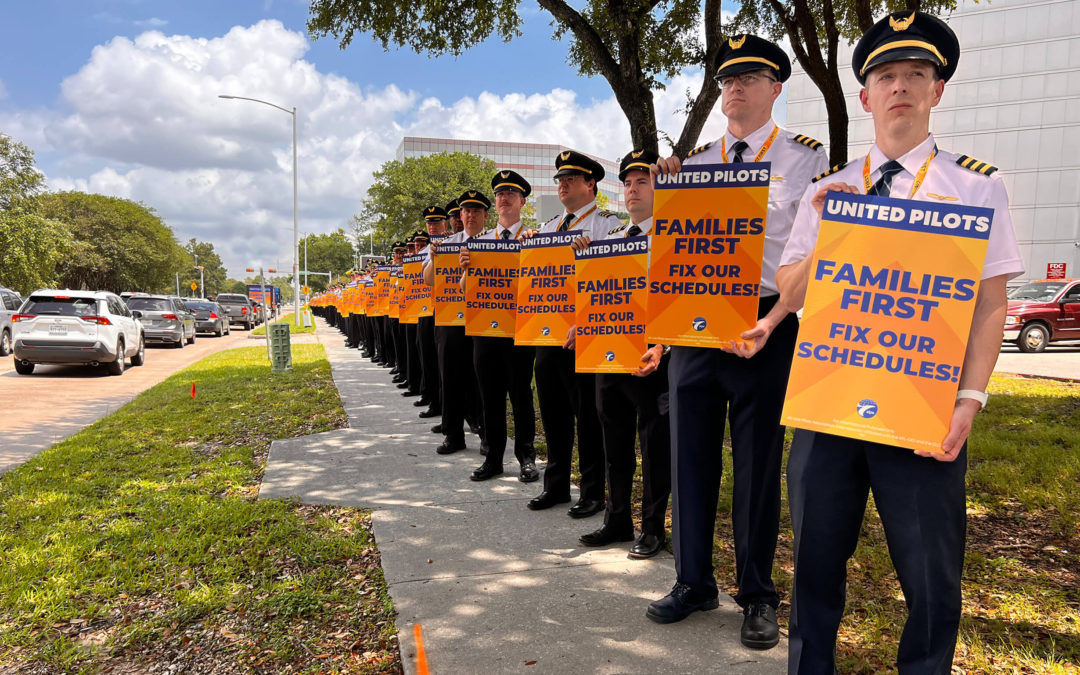
Largest Non-Strike Rally in Airline History

Largest Non-Strike Rally in Airline History
HOUSTON – The largest non-strike rally in the history of commercial aviation took place on Friday. Thousands of airline workers from five different Unions joined forces at ten airports to call attention to foot-dragging by United Airlines in ongoing contract talks with the Air Line Pilots Association (ALPA).
According to estimates from ALPA Spokesman Captain Michael Williams, about 3,000 Pilots participated in the rallies, representing about 20% of the 15,000 Pilots at the carrier. Over 400 Pilots, Fleet and Passenger Service, Mechanics and other workgroups attended one rally in Houston.
Pilots at United have been working without a raise for over four years while contract talks seem all but stalled.
According to Williams, the protracted negotiations have left Pilots at United all but last in line among workgroups at the carrier. He also stressed that the longer Pilots go without an updated agreement, the longer the airline will be at a competitive disadvantage as it attempts to attract new pilots.
“United management’s vision of “United Next” cannot happen without a Contract First,” he told a group of media outlets and reporters covering the Houston event.
The demonstrations are happening just before what could be a record-breaking but nightmarish summer travel season.
This summer is expected to be among the most frustrating for air travelers since airlines were deregulated in 1978. Airlines are raising fares, overselling flights, and lacking critical staff to load and unload passengers and baggage onto planes. According to industry watchers, airlines are struggling to keep up with the post-pandemic surge in demand. The staff shortage is already causing flight cancellations and delays, notably Southwest, whose Christmas meltdown saw thousands of cancellations and delays and cost the carrier more than $500 million.
The leader of the United Airlines Pilots’ Union, Garth Thompson, said in a recent interview that the airline is refusing to match new benchmark pay rates for the aviation industry.
They also want their new contract to have equal or better work-life balance. He said that any proposal from the airline that does not meet these expectations will not be ratified.
In March, the Airline Pilots Association (ALPA) negotiated a massive 34% pay increase at Delta Air Lines, improving wages and benefits by $7 billion. The deal helps to establish Delta as a more attractive employer amid a nationwide pilot shortage.
“We expect our contract to raise the bar from Delta’s contract,” Thompson said in an interview with Reuters this week. “We’re not just looking for more money, we’re looking for several areas of improvement that we’ve been waiting a long time to achieve.”
The Union stated that a tentative contract proposed last year failed to meet the minimum requirements of Pilots, resulting in an overwhelming rejection by the Union.
United Airlines is touting an optimistic growth plan called “United Next.” However, the pilot group is pointing out that without an industry-leading agreement, management won’t be able to expand in the way they want unless the company can hire and retain the best pilots. The failed deal and a new high bar at other properties have unified the pilot group.
“We’ve all heard of or witnessed United executives claiming they’re ready to conclude negotiations toward an industry-leading agreement,” Thompson said. “Having noted the increasing boldness and frequency of their assertions, it’s time for them to prove the extent of their sincerity.”
Thompson noted the increasing boldness and frequency of their assertions and said that it was time for them to prove the extent of their sincerity.
In addition to ALPA, the rallies were attended by The Association of Flight Attendants-CWA (AFA), The International Brotherhood of Teamsters, the Professional Airline Flight Control Association (PAFA), and the International Association of Machinists and Aerospace Workers.
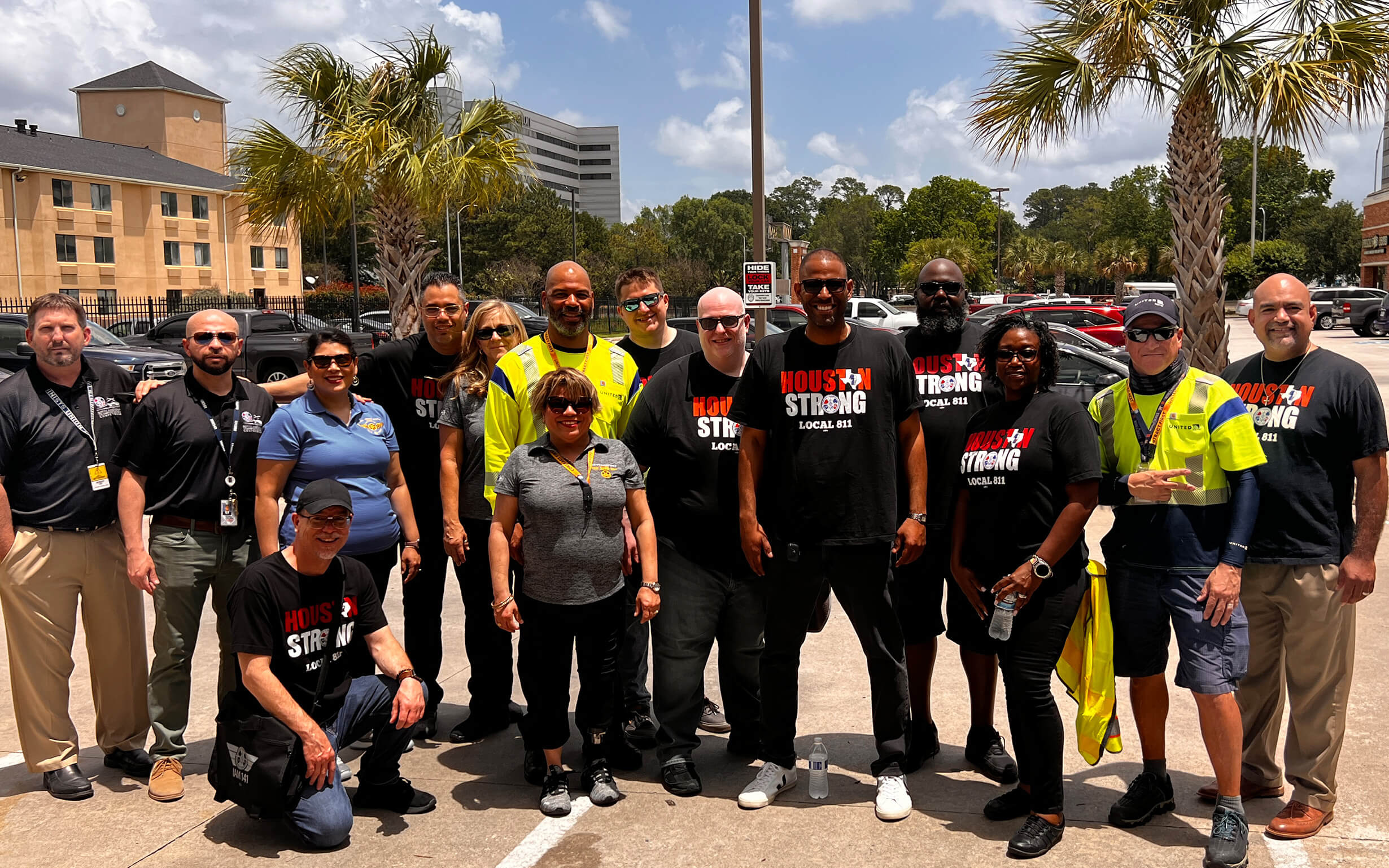
Members of IAMAW Locals 811 and 2198 pose for a group photo following a rally that drew over 400 Union Members near Bush Intercontinental Airport. The rally was one of ten held at major airports around the nation.
Related News
SMX Cargo Negotiations Update
Faysal Silwany Sworn in as Vice President of IAM District 141
Faysal Silwany Sworn in as Vice President of IAM District 141Faysal Silwany was sworn in as vice president by Machinists Union District President Mike Klemm in a ceremony that took place during Wednesday's District 141 Executive Board meeting.Faysal Silwany Sworn in...
Celebration and Solidarity: Local 914 Launches Black Tie Charity Event
Celebration and Solidarity: Local 914 Launches Black Tie Charity EventPHOENIX - Cayla Farris, a passenger on an American Airlines flight from Phoenix to Honolulu on February 13, 2022, has been ordered by United States District Judge Susan M. Brnovich to pay $38,952 in...
Stay up to date with all the latest news and information from the Machinists Union

Largest Non-Strike Rally in Airline History
MAY 12, 2023
HOUSTON – The largest non-strike rally in the history of commercial aviation took place on Friday. Thousands of airline workers from five different Unions joined forces at ten airports to call attention to foot-dragging by United Airlines in ongoing contract talks with the Air Line Pilots Association (ALPA).
According to estimates from ALPA Spokesman Captain Michael Williams, about 3,000 Pilots participated in the rallies, representing about 20% of the 15,000 Pilots at the carrier. Over 400 Pilots, Fleet and Passenger Service, Mechanics and other workgroups attended one rally in Houston.
Pilots at United have been working without a raise for over four years while contract talks seem all but stalled.
According to Williams, the protracted negotiations have left Pilots at United all but last in line among workgroups at the carrier. He also stressed that the longer Pilots go without an updated agreement, the longer the airline will be at a competitive disadvantage as it attempts to attract new pilots.
“United management’s vision of “United Next” cannot happen without a Contract First,” he told a group of media outlets and reporters covering the Houston event.
The demonstrations are happening just before what could be a record-breaking but nightmarish summer travel season.
This summer is expected to be among the most frustrating for air travelers since airlines were deregulated in 1978. Airlines are raising fares, overselling flights, and lacking critical staff to load and unload passengers and baggage onto planes. According to industry watchers, airlines are struggling to keep up with the post-pandemic surge in demand. The staff shortage is already causing flight cancellations and delays, notably Southwest, whose Christmas meltdown saw thousands of cancellations and delays and cost the carrier more than $500 million.
The leader of the United Airlines Pilots’ Union, Garth Thompson, said in a recent interview that the airline is refusing to match new benchmark pay rates for the aviation industry.
They also want their new contract to have equal or better work-life balance. He said that any proposal from the airline that does not meet these expectations will not be ratified.
In March, the Airline Pilots Association (ALPA) negotiated a massive 34% pay increase at Delta Air Lines, improving wages and benefits by $7 billion. The deal helps to establish Delta as a more attractive employer amid a nationwide pilot shortage.
“We expect our contract to raise the bar from Delta’s contract,” Thompson said in an interview with Reuters this week. “We’re not just looking for more money, we’re looking for several areas of improvement that we’ve been waiting a long time to achieve.”
The Union stated that a tentative contract proposed last year failed to meet the minimum requirements of Pilots, resulting in an overwhelming rejection by the Union.
United Airlines is touting an optimistic growth plan called “United Next.” However, the pilot group is pointing out that without an industry-leading agreement, management won’t be able to expand in the way they want unless the company can hire and retain the best pilots. The failed deal and a new high bar at other properties have unified the pilot group.
“We’ve all heard of or witnessed United executives claiming they’re ready to conclude negotiations toward an industry-leading agreement,” Thompson said. “Having noted the increasing boldness and frequency of their assertions, it’s time for them to prove the extent of their sincerity.”
Thompson noted the increasing boldness and frequency of their assertions and said that it was time for them to prove the extent of their sincerity.
In addition to ALPA, the rallies were attended by The Association of Flight Attendants-CWA (AFA), The International Brotherhood of Teamsters, the Professional Airline Flight Control Association (PAFA), and the International Association of Machinists and Aerospace Workers.
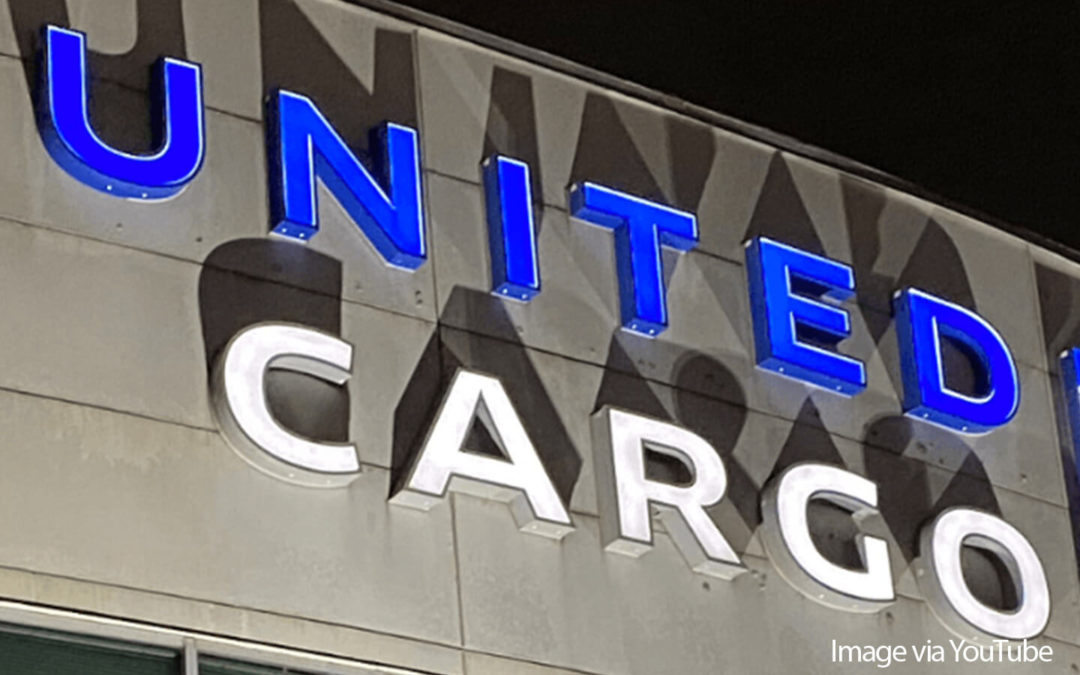
SMX Cargo Negotiations Update
Talks continued to flow in a positive direction. Although we didn’t reach a final Tentative Agreement on any articles this session, we did make progress. This progress was made on Article 3, which covers compensation and pay; Article 9, which applies to Vacation and...
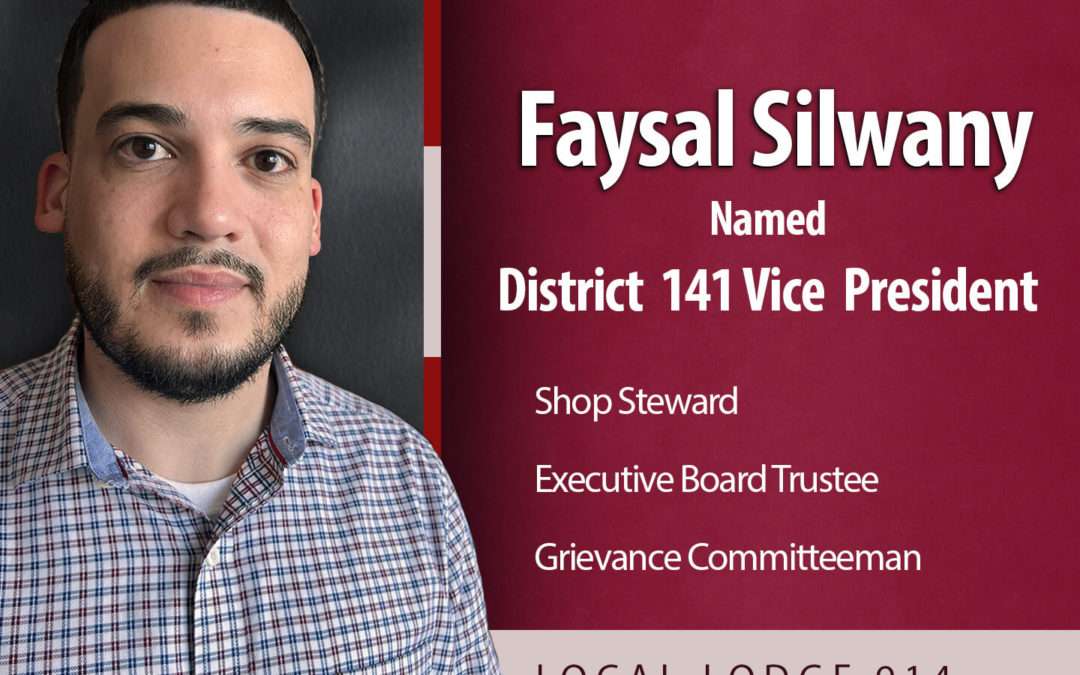
Faysal Silwany Sworn in as Vice President of IAM District 141
Faysal Silwany Sworn in as Vice President of IAM District 141Faysal Silwany was sworn in as vice president by Machinists Union District President Mike Klemm in a ceremony that took place during Wednesday's District 141 Executive Board meeting.Faysal Silwany Sworn in...

Celebration and Solidarity: Local 914 Launches Black Tie Charity Event
Celebration and Solidarity: Local 914 Launches Black Tie Charity EventPHOENIX - Cayla Farris, a passenger on an American Airlines flight from Phoenix to Honolulu on February 13, 2022, has been ordered by United States District Judge Susan M. Brnovich to pay $38,952 in...



